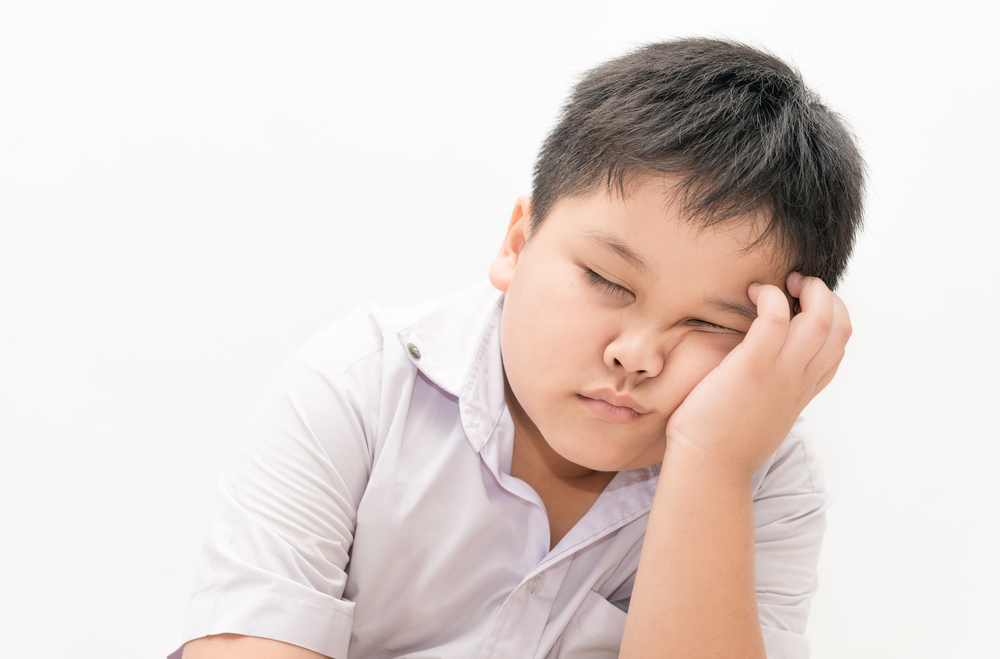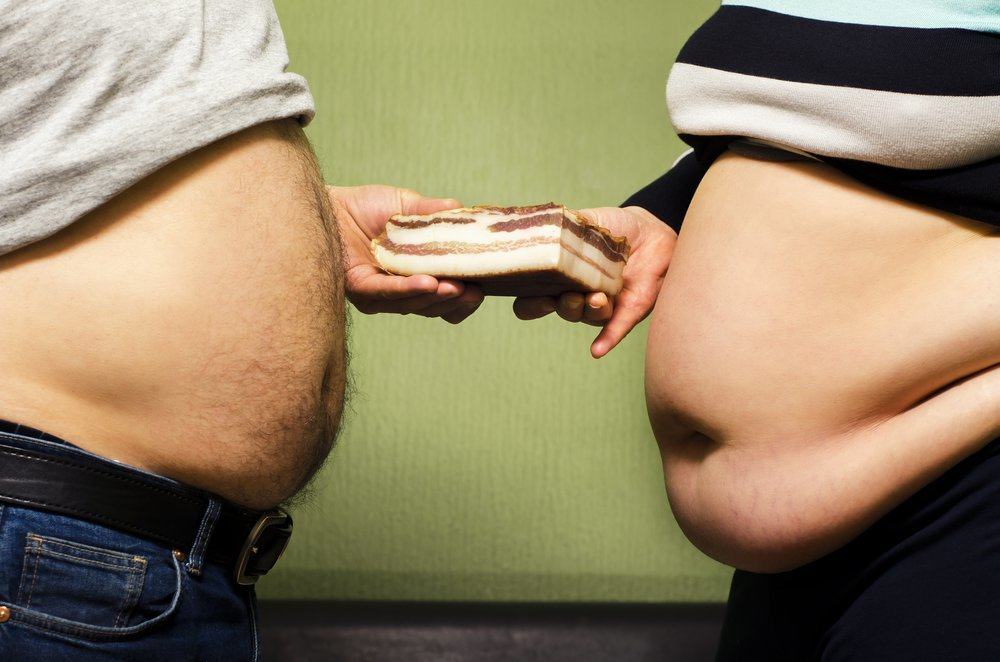Contents:
- Medical Video: Sleep Disorders That Mimic ADHD
- Why do children need enough sleep?
- Various signs of a child lacking in sleep according to his age
- Small children (babies, toddlers and toddlers)
- Primary school children
- Teenagers
- The ideal sleep duration for children
- Tips so that children get enough sleep
Medical Video: Sleep Disorders That Mimic ADHD
Some common signs of sleep deprivation, such as glazed eyes, dark circles under the eyes, and frequent yawning may be easy to recognize. But sometimes, children can show other signs that are more obscene. This makes it difficult for parents to determine whether it is true because children lack sleep or because of other problems. So that you are not confused, consider the various signs that children lack sleep according to their age below.
Why do children need enough sleep?
Everyone needs adequate sleep, including children. Especially school-age children. Sleep is quite important for them to be able to learn calm while at school.
Enough sleep means a fresh brain to focus on focusing, absorbing new information and storing it in long-term memory. Regular sleep also strengthens the child's memory. In addition, sleep improves the child's immune system and stamina. This will have an impact on both the child's academic performance and so on.
Conversely, the effect of sleep deprivation on children has long been associated with the risk of chronic health problems in the future. Ranging from obesity, diabetes, heart disease, sleep apnea, to mental health disorders such as depression and ADHD.
So it's important for every parent to make sure their children get enough sleep.
Various signs of a child lacking in sleep according to his age
The sign of a child lacking in sleep is not just yawning and just pandas. Different ages, different signs that they can show.
Small children (babies, toddlers and toddlers)
- Children tend to be fussy or whiny, especially in the afternoon.
- Spoiled and don't want to be left behind.
- Shows restless, uneasy or hyperactive behavior.
- Passive and not very talkative.
- Sleep again after being awake and rather difficult to wake up.
- Just want to lie down or take a nap all day.
- Children fall asleep in cars, dining chairs, or when watching TV (even though it's not the time to take a nap).
- Snoring while sleeping.
Primary school children
- Hyperactive.
- Often falls asleep at the wrong time.
- It needs to be developed many times in the morning.
- Less interested and passionate about the things he likes.
- Looks weak and lethargic.
- Sleepy at school or at home while doing homework.
- Difficulty sleeping at night.
- Having academic problems (bad grades or ups and downs inconsistent; often forgetting / not collecting assignments; often overslept in class; etc.).
- Experience sleeping while walking for the first time.
- Feeling it takes more time to take a nap.
- Snoring loudly.
- Experience sleep apnea, or stop breathing while sleeping.
- Don't want to be away from you whether it's day and night.
Teenagers
- It's hard to get up early.
- Often late for school.
- Moody (mood changes quickly).
- Difficulty concentrating.
- Feeling lackluster and not motivated.
- Easy to get angry in the afternoon.
- Often overslept during the day.
- Experiencing academic problems (poor grades or ups and downs inconsistent; often forgetting / not collecting assignments; often sleepy in class; etc.).
- Sleep long on weekends.
- Hyperactive or aggressive.
- Feeling restless.
- Drink excess caffeinated drinks (coffee, energy drinks)
- Using certain drugs.
- Not paying attention to appearance, looks worn.
- Looks confused or dazed.
- Snoring loudly.
The ideal sleep duration for children
According to the American Academy of Sleep Medicine (AASM), the ideal sleep time recommendations for children according to their age range are:
- Infants aged 4 to 12 months: 12 to 16 hours (including naps)
- Toddlers aged 1 to 2 years: 11 to 14 hours (including naps)
- Toddlers aged 3 to 5 years: 10 to 13 hours (including naps)
- Children aged 6 to 12 years: 9 to 12 hours
- Adolescents ages 13 to 18: 8 to 10 hours
Based on these recommendations, from now on make sure your child gets enough sleep, huh!
Tips so that children get enough sleep
- Set bedtime and wake up regularly every day. Make sure that the child does not pass the time. Included on weekends.
- Make a relaxing sleep routine, such as encouraging children to take a warm bath or read a fairy tale before going to bed.
- Do not give children any food or drink that contains caffeine six hours before going to bed.
- Make sure the temperature in the child's room is comfortable and the bedroom is dark.
- Make time after dinner as a relaxing time to play, because too much activity before bedtime can actually make children awake.
- Make sure you don't turn on the TV, computer, cellphone, radio or music when the child is going to sleep. TV and video games must be turned off at least one hour before the child sleeps.
- Babies and children must be put to sleep when they look tired, even though they are still literate.












